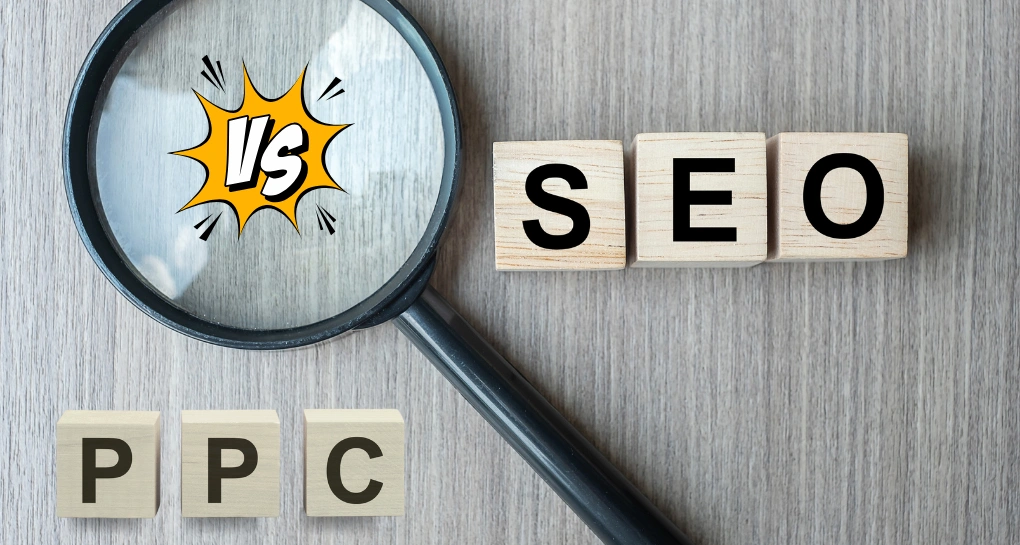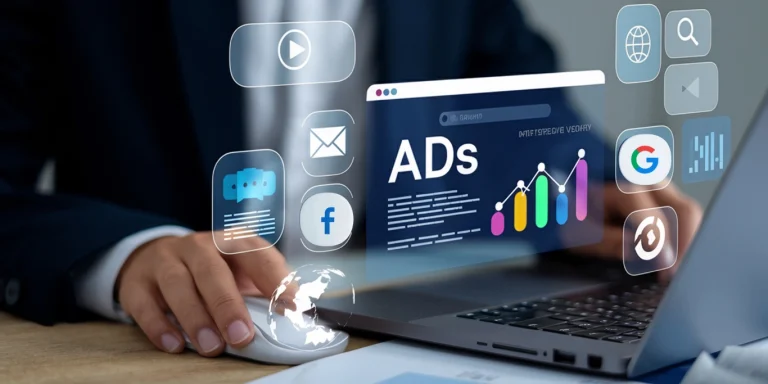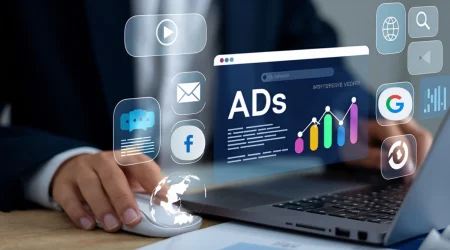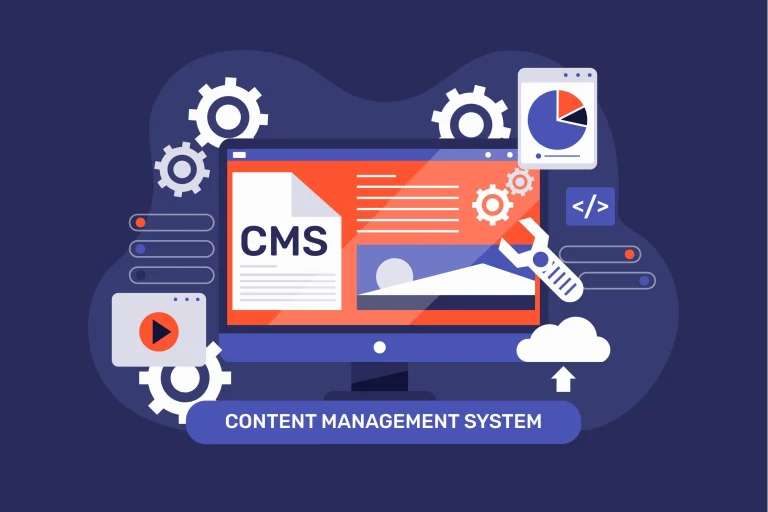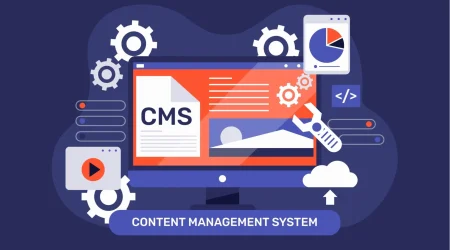In the fast-moving digital landscape of 2025, one question keeps coming up for business owners and marketers alike: SEO vs PPC—where should I invest my budget? Search engine optimization (SEO) promises sustainable, long-term growth, while pay-per-click advertising (PPC) offers instant visibility. Both strategies are powerful, but they work very differently.
This article explores the strengths, drawbacks, and evolving trends of each strategy—especially how AI and automation are changing the game in 2025—to help you decide which one (or which mix) is right for your business.
What Is SEO in 2025?
SEO (Search Engine Optimization) is the practice of optimizing your website to rank higher in organic (unpaid) search results. In 2025, SEO isn’t just about keywords—it’s about delivering helpful, trustworthy, AI-friendly content.
Key Elements of SEO
- On-Page SEO: Content optimization, meta tags, structured data, keyword placement.
- Technical SEO: Site speed, mobile optimization, crawlability, Core Web Vitals.
- Off-Page SEO: Backlinks, digital PR, brand mentions.
- AI & Voice Search Optimization: Preparing for Google AI Overviews and conversational queries.
Pros of SEO
- Builds long-term trust and authority.
- Cost-effective once established (no ongoing ad spend).
- Compounding growth as content ranks over time.
Cons of SEO
- Takes time—results may take 3–6 months or longer.
- Algorithm changes can affect rankings.
- Requires consistent content and technical upkeep.
What Is PPC in 2025?
PPC (Pay-Per-Click) is a paid advertising model where businesses bid for ad placement on search engines or social platforms. In 2025, PPC campaigns are heavily powered by AI-driven bidding strategies and hyper-targeted personalization.
Key Elements of PPC
- Ad Platforms: Google Ads, Meta Ads, LinkedIn, TikTok Ads.
- Targeting: Keywords, demographics, behaviors, and AI-driven predictive targeting.
- Automation: Smart bidding, AI ad copy generation, performance tracking.
Pros of PPC
- Instant traffic and visibility.
- Laser-focused audience targeting.
- Clear, measurable results with ROI tracking.
Cons of PPC
- Expensive in high-competition industries.
- Stops working the moment you stop paying.
- Ad fatigue—audiences may tune out repetitive campaigns.
SEO vs PPC: A Side-by-Side Comparison
| Factor | SEO (2025) | PPC (2025) |
| Timeframe | Long-term, compounding growth | Immediate, short-term visibility |
| Cost | Lower over time, higher upfront effort | Pay-to-play, rising CPC costs |
| Trust & Credibility | High—users trust organic results | Lower—ads seen as “sponsored” |
| Scalability | Scales with content and backlinks | Scales with budget and targeting |
| Flexibility | Slower to adapt | Can pivot campaigns instantly |
How AI Is Changing SEO and PPC in 2025
- SEO: AI-powered search results (Google AI Overviews, ChatGPT-powered Bing) prioritize helpful, concise answers. Content must now be answer-first and context-rich.
- PPC: AI automates bids, generates ad creatives, and predicts user intent, making campaigns smarter but also more competitive.
When to Choose SEO vs PPC
- Choose SEO if: You want long-term growth, brand authority, and compounding ROI. Perfect for content-heavy industries, thought leadership, and companies playing the “long game.”
- Choose PPC if: You need quick traction—such as for product launches, seasonal campaigns, or entering competitive industries.
Example:
- A startup SaaS brand launching a new tool might use PPC first to generate fast leads, while building SEO content to reduce costs in the long run.
- An e-commerce brand may run PPC ads for seasonal sales but rely on SEO to drive year-round organic visibility.
Can SEO and PPC Work Together?
The truth is, SEO vs PPC isn’t a winner-takes-all battle. Businesses often get the best results by combining both:
- PPC provides instant traffic while SEO efforts mature.
- SEO data reveals which keywords convert best, feeding PPC strategy.
- PPC retargeting strengthens SEO-driven brand awareness.
- Together, they cover the full buyer journey, from awareness to purchase.
Common Mistakes to Avoid
- Relying only on PPC without building long-term SEO.
- Ignoring analytics—both channels require data-driven optimization.
- Poor budget allocation (e.g., overspending on PPC with low ROI).
- Treating SEO and PPC as competitors instead of partners.
FAQs
1. Is SEO cheaper than PPC in the long run?
Yes. While SEO takes upfront effort, it becomes cost-effective over time, unlike PPC, which requires ongoing ad spend.
2. Can I skip SEO and only do PPC?
You can, but it’s risky. PPC stops the moment your budget does, leaving you invisible without organic rankings.
3. How do I know if SEO or PPC is working?
Track KPIs: organic traffic, keyword rankings, and conversion rates for SEO; impressions, CTR, CPC, and ROI for PPC.
4. What’s better for lead generation in 2025?
PPC delivers faster leads, but SEO brings higher-quality, trust-based leads over time.
5. Can SEO and PPC really complement each other?
Absolutely—SEO builds authority, while PPC provides speed and insights. Together, they maximize visibility.
Conclusion: The Future Is Not Either/Or
In 2025, it’s clear: there’s no single winner between SEO and PPC. Instead, the smartest businesses combine both strategies—leveraging SEO for sustainable growth and credibility, and PPC for fast, targeted results.
The question isn’t “SEO vs PPC,” but “How can I balance both to maximize ROI?”
If you’re ready to take your digital marketing to the next level, Absolute Websites can help. From long-term SEO strategies to data-driven PPC campaigns, our team builds tailored solutions that get results.
Let’s make your 2025 marketing strategy unstoppable—partner with Absolute Websites today.


